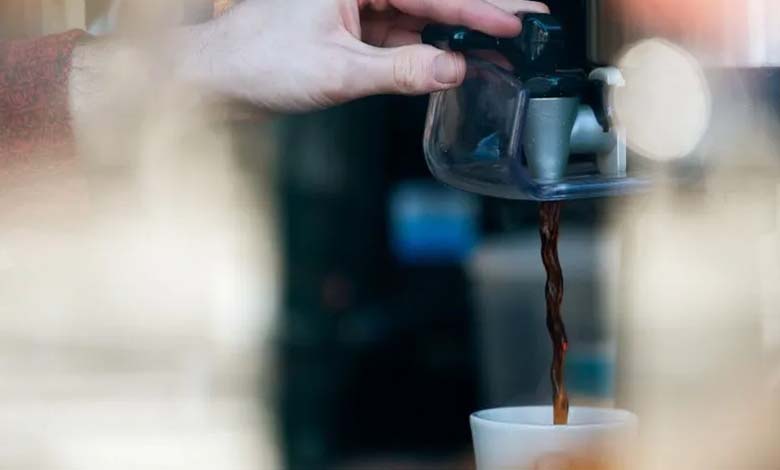The Caffeine Nap: How a Cup of Coffee Before Sleep Can Boost Your Energy

For decades, coffee has been viewed as the sworn enemy of sleep. Associated with alertness, focus, and wakefulness, caffeine appeared to have no place in a strategy aimed at resting. Yet, a counterintuitive concept known as the “caffeine nap” has gained traction both in scientific circles and among performance-driven professionals. The princbiple is simple: drink a cup of coffee right before taking a short nap of about 15 to 20 minutes. Upon waking, the individual feels more refreshed, alert, and cognitively efficient.
The biological mechanism behind the paradox
To understand the phenomenon, one must look at adenosine, a chemical that accumulates in the brain during waking hours. Adenosine is responsible for the sensation of sleepiness: the more it builds up, the more fatigue we feel. Caffeine works by blocking adenosine receptors, preventing that sensation from manifesting. However, caffeine takes roughly 20 minutes after ingestion to reach peak effectiveness.
This delay is the key. When a person consumes coffee and immediately falls into a short nap, the body uses that time to naturally reduce adenosine levels through light sleep. When the nap ends, caffeine begins to take effect, resulting in a dual benefit: the restorative impact of a nap combined with the stimulating power of coffee.
-
Studies Reveal Alarming Neurological Effects of Fragmented Sleep on Long-Term Brain Health
-
The Frightening Effects of Fragmented Sleep on Brain Health: What Science Reveals
A synergy of caffeine and sleep
Studies conducted in the United Kingdom and Japan have demonstrated that caffeine naps improve alertness, working memory, and reaction speed more effectively than either a nap or coffee alone. This synergy provides a valuable tool against fatigue and cognitive overload.
However, two conditions are essential: keeping the nap under 20 minutes to avoid entering deep sleep, and avoiding this practice too close to nighttime rest, which could disrupt circadian rhythms.
-
Practical Tips to Reduce Excessive Sweating in Summer
-
What Is the Ideal Timing to Take Dietary Supplements?
Practical applications and limitations
Caffeine naps are particularly useful in contexts requiring sustained performance: students during exams, shift workers, long-distance drivers, or healthcare professionals enduring overnight shifts. They provide a simple, natural, and effective boost compared to artificial stimulants or pushing through fatigue.
That said, this practice is not without its caveats. People sensitive to caffeine, those with chronic insomnia, or individuals suffering from hypertension should approach it with caution. Moreover, a caffeine nap is not a substitute for restorative deep sleep, which remains essential to mental and physical health.
-
Effective Methods to Control Cortisol and Lower Blood Pressure
-
Hidden Signs of Magnesium Deficiency: Don’t Ignore Them
Toward conscious energy optimization
The caffeine nap embodies the modern quest to align daily habits with biological mechanisms for improved performance and well-being. It represents a clever balance between rest and stimulation, offering an occasional solution to mid-day energy slumps. Still, its true value lies in being part of a broader lifestyle that prioritizes healthy sleep, balanced nutrition, and sustainable energy management.












